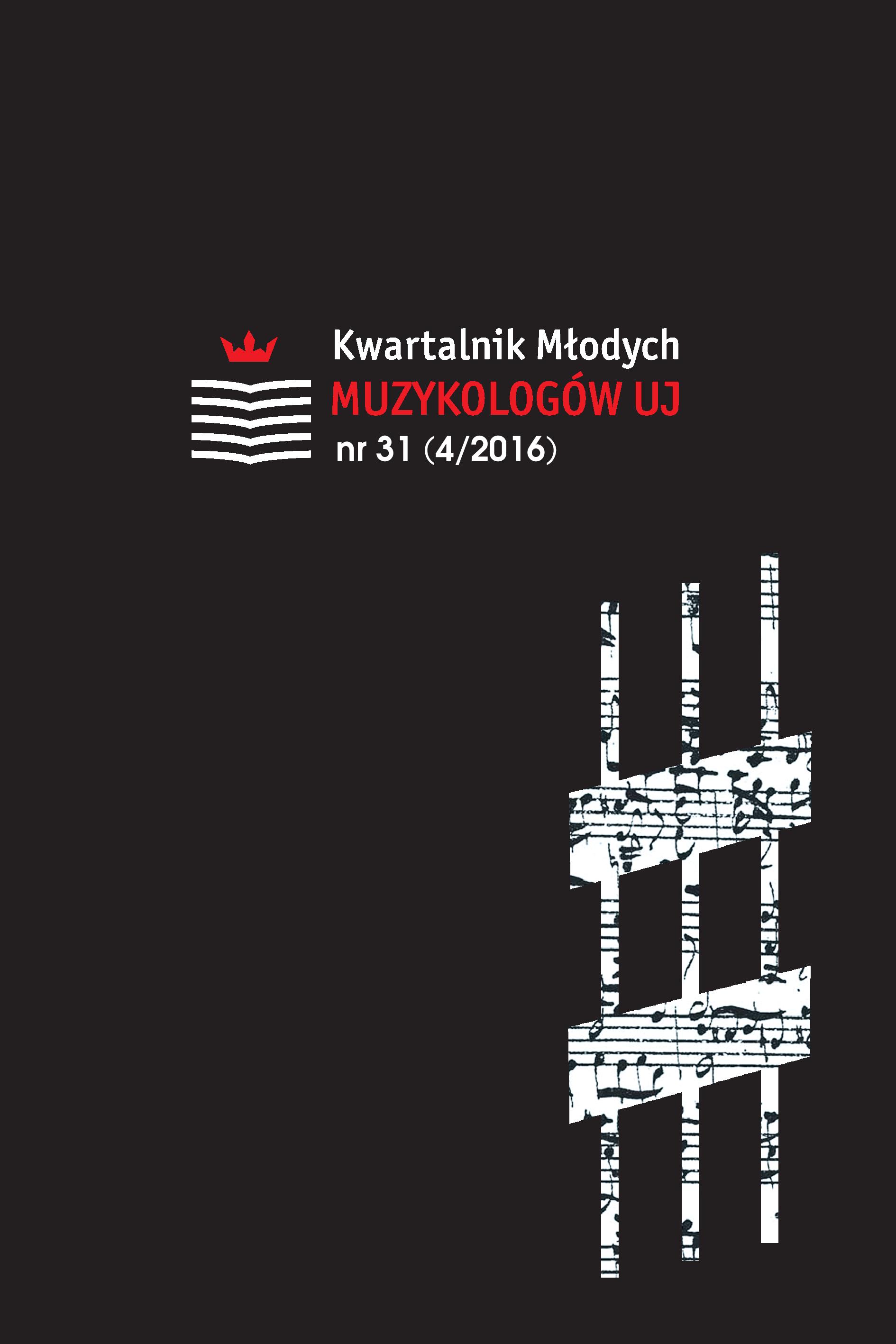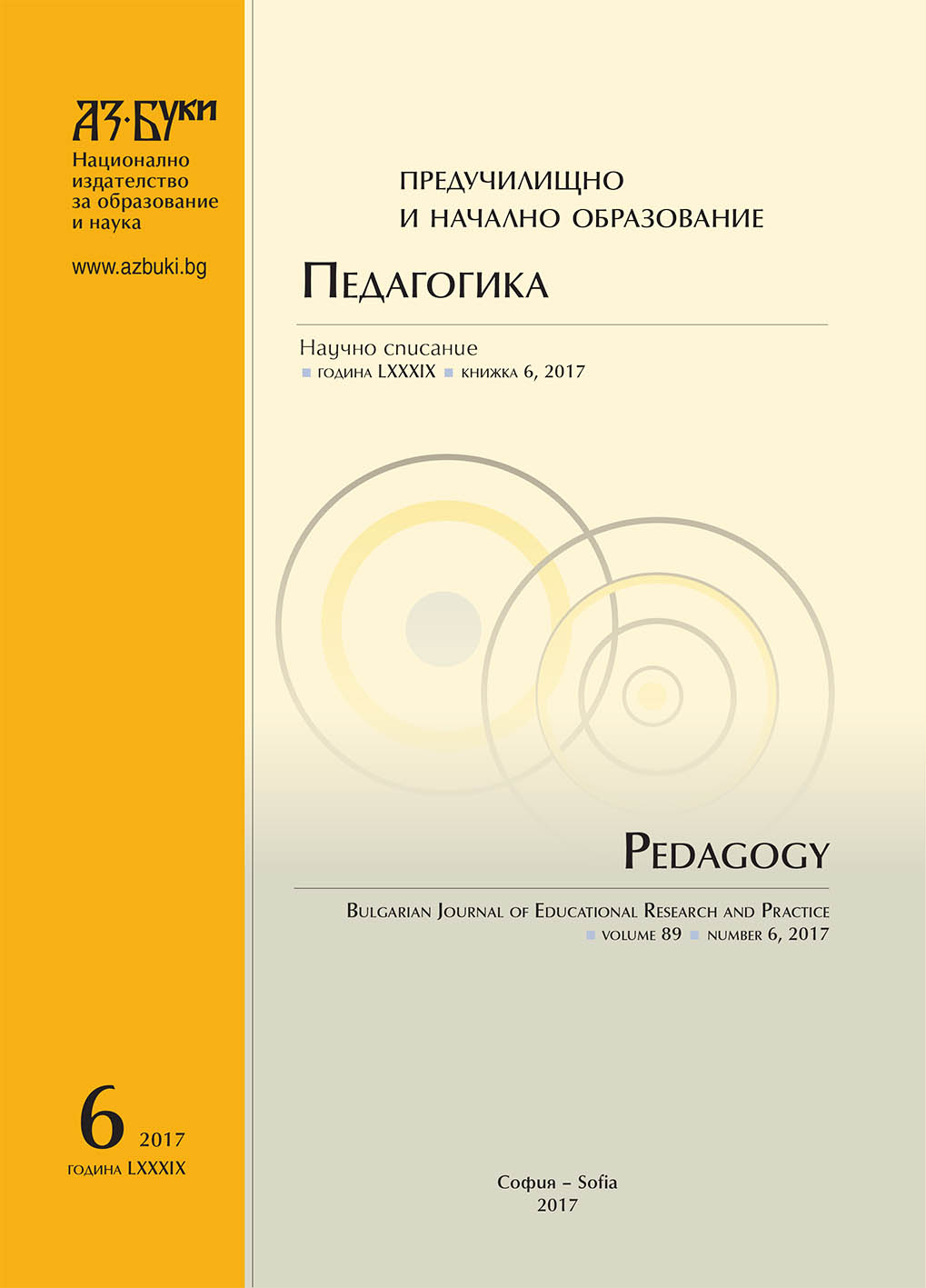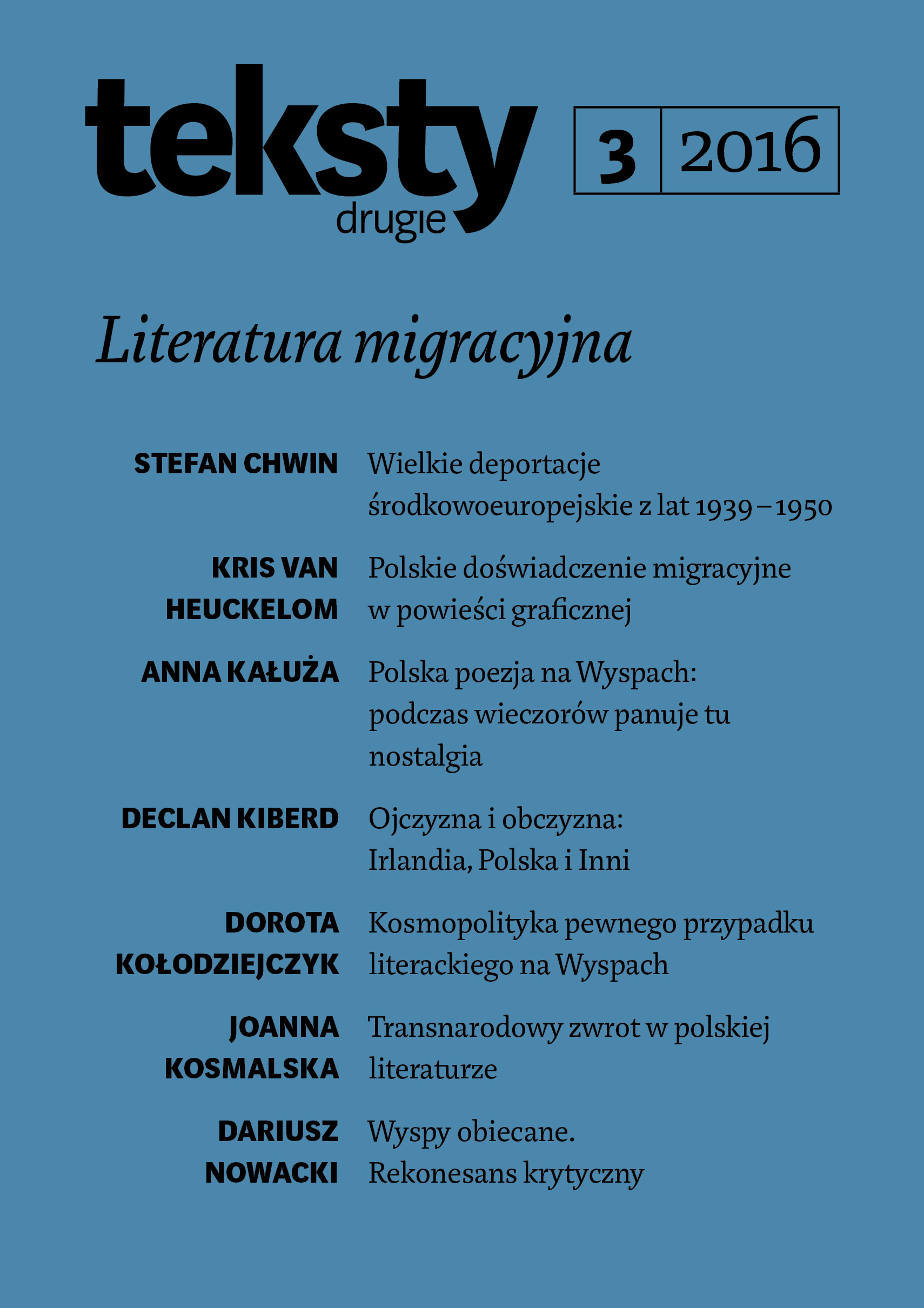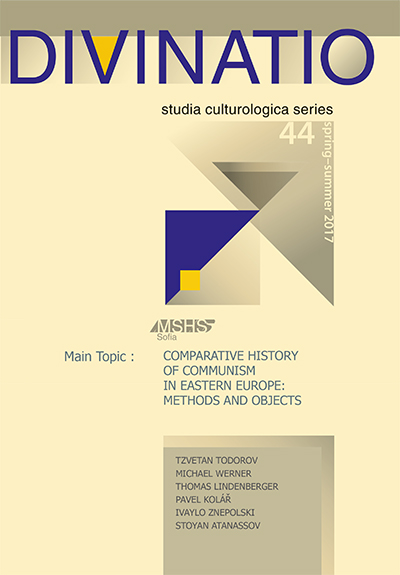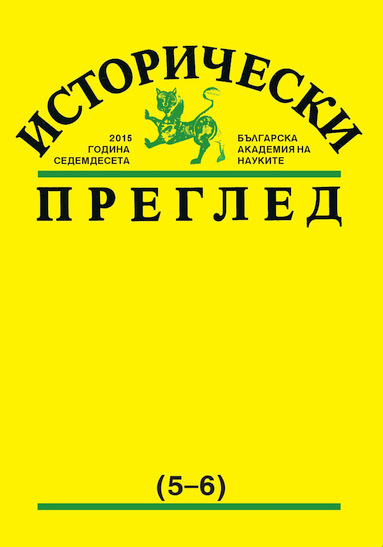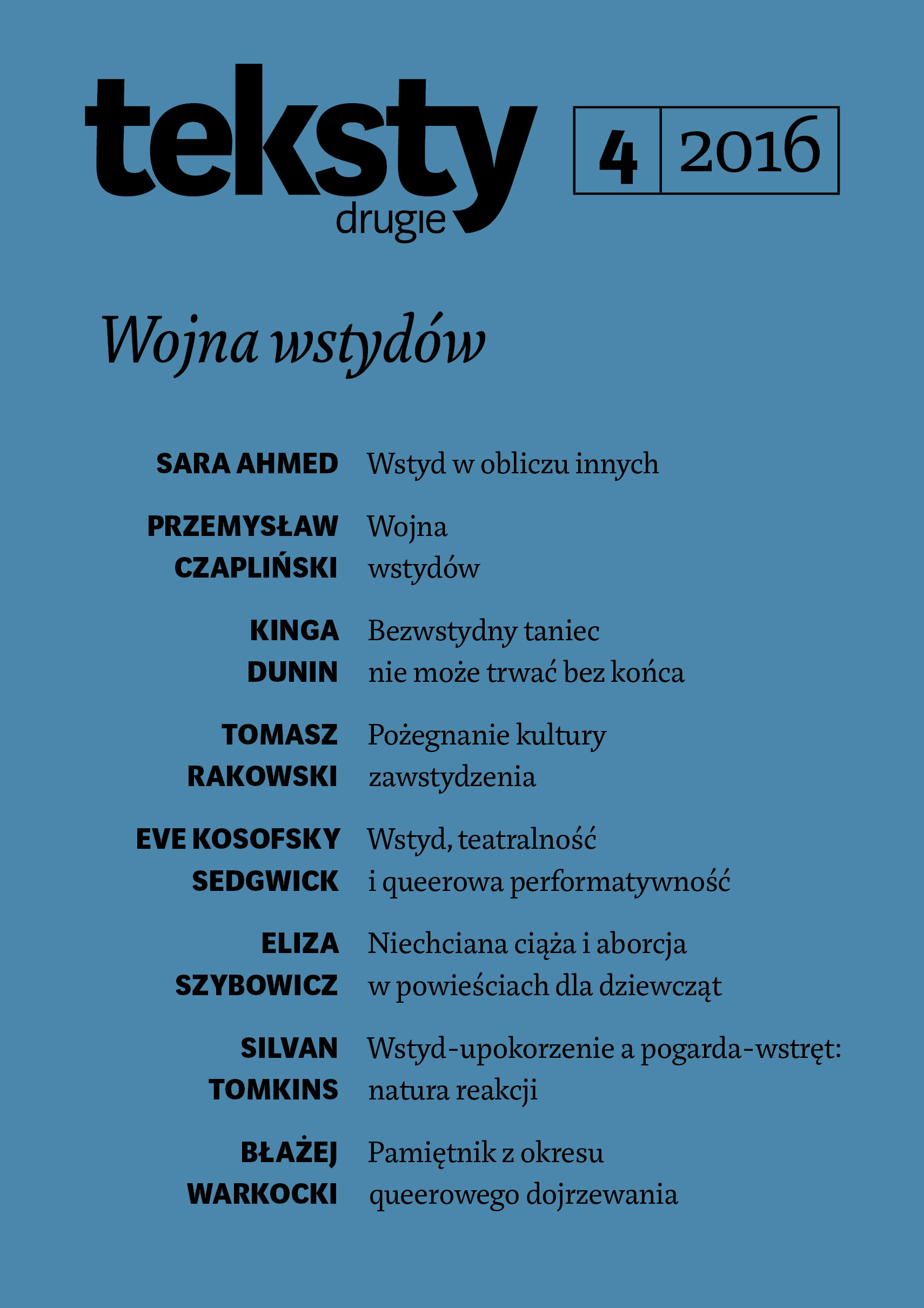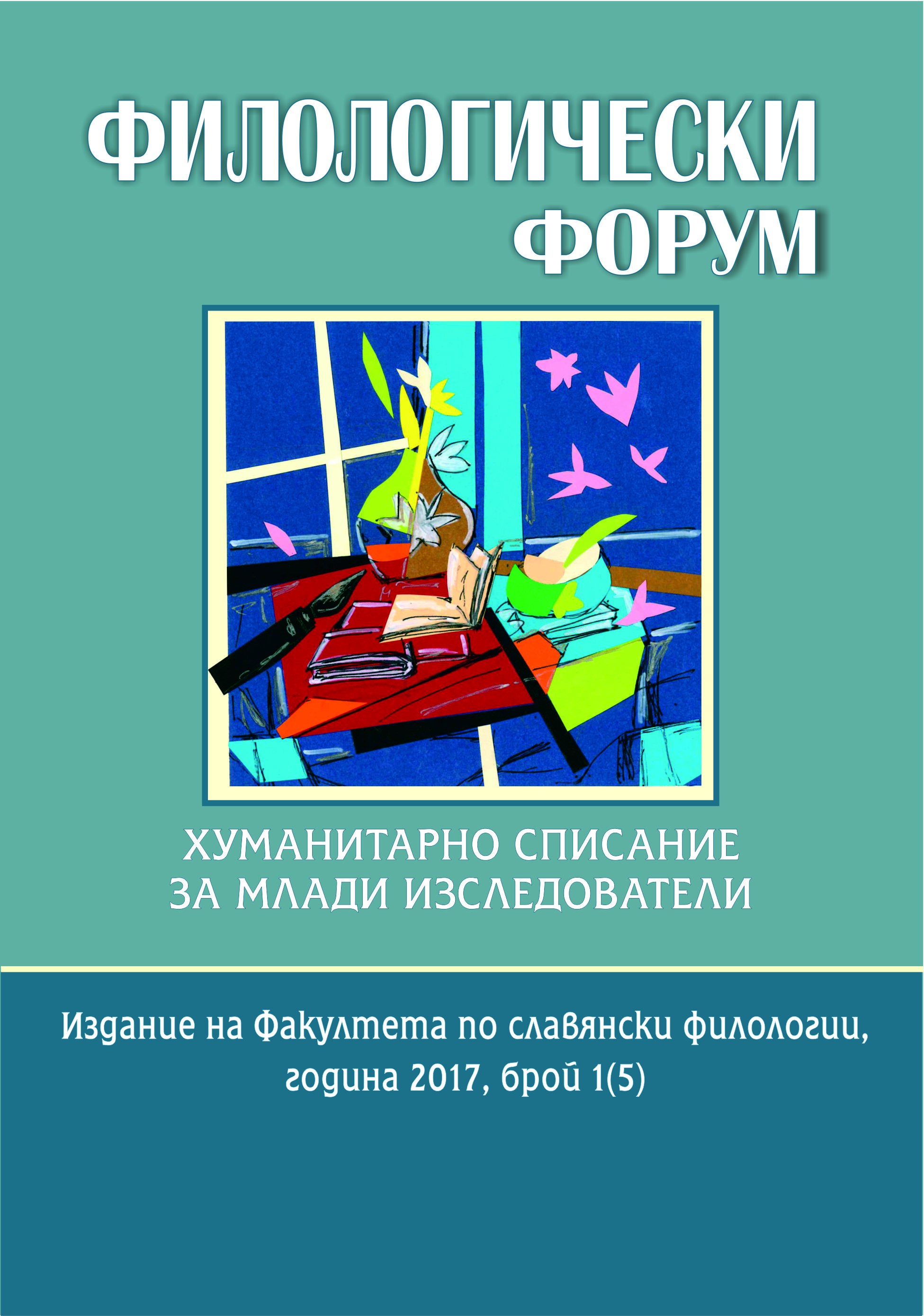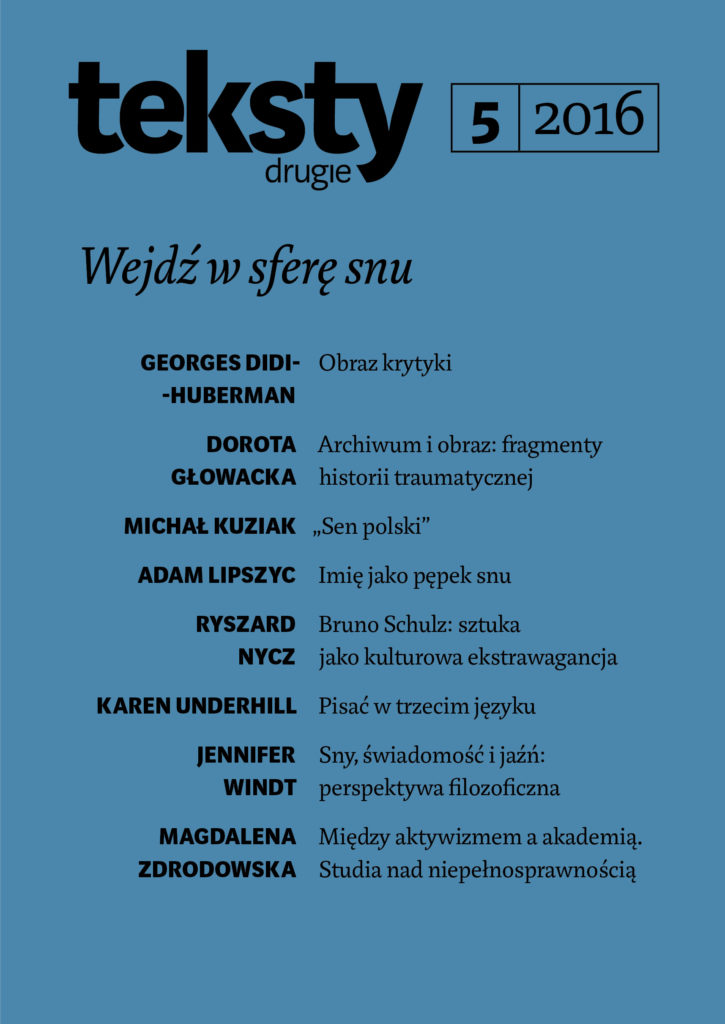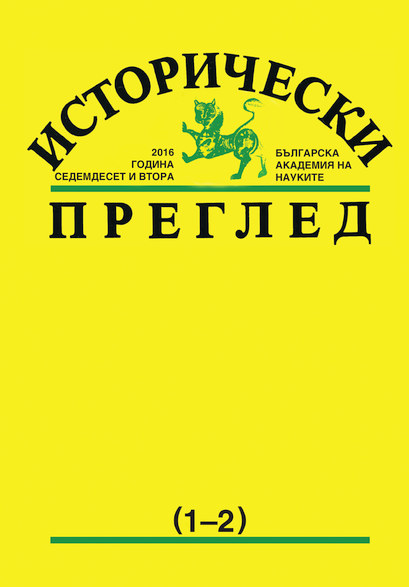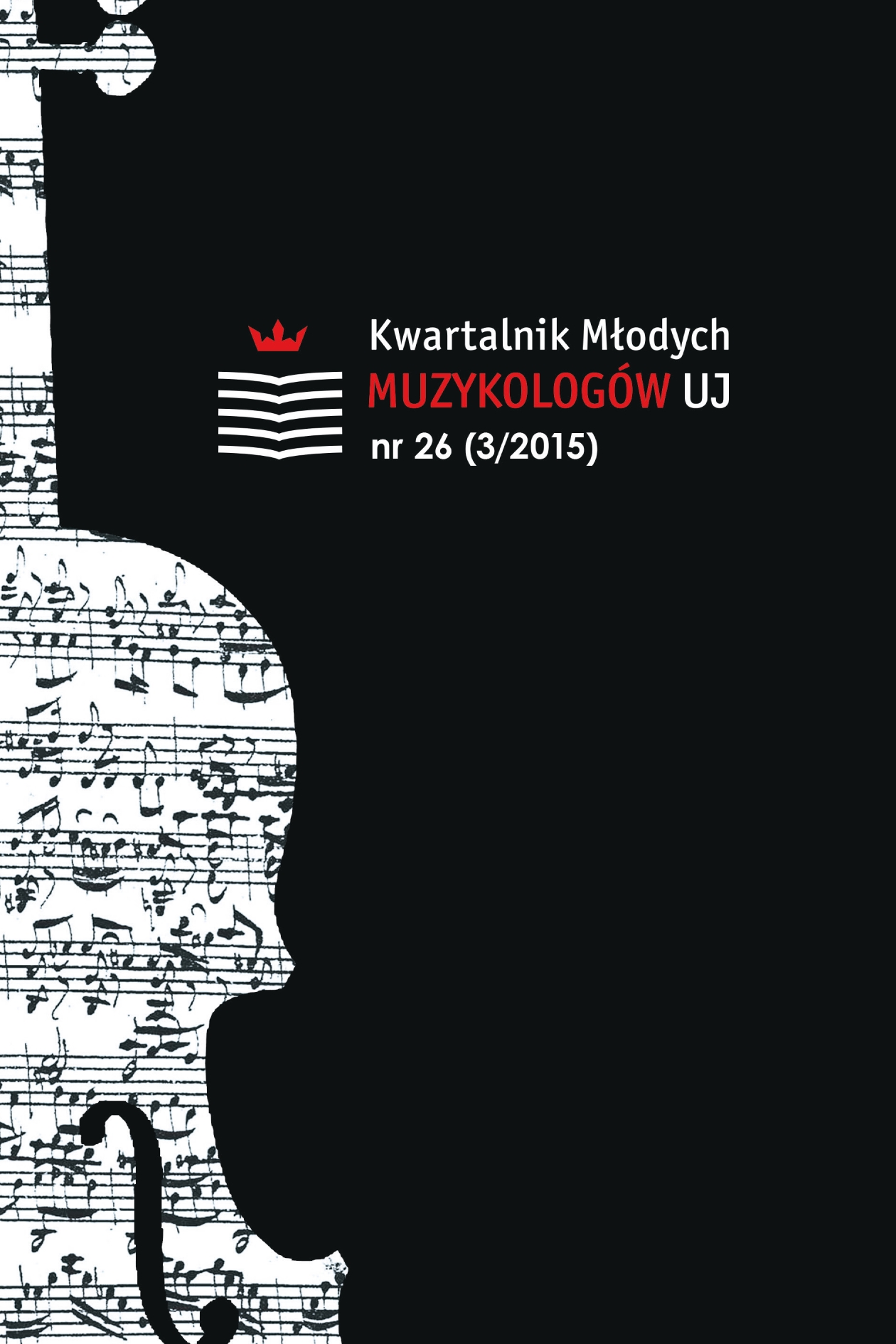
Czy pianiści to również aktorzy, czyli kilka refleksji nad gestem w muzyce
Apart from the functional dimension, the pianist’s gesture, which cannot be compared to linguistic sign, is a medium of various meanings, therefore it plays an important role in the extraverbal process of communication between the pianist and the audience during the piano recital. It is stated that the agreement between pianists, as representatives of airtight world of classical music, and a crowd of aesthetically open-minded people, lies in the sphere of body and gesture. The author outlines some proposals on how to define a musical gesture and how to examine it. It is proved that the gesture is a powerful tool in the pianist's hands and that the arsenal of emotionally-communicative gestures during the piano performance process is enormous. Immensely important in the gestural context is coherence and naturalness. There exists a contradiction between the reflections derived from the modern performance practice and the common knowledge of the majority of piano teachers, caused by numerous 'historical misunderstandings'. A brief study of selected gestural cases (Franz Liszt, Ignacy Jan Paderewski, Sviatoslav Richter, Emil Gilels, Lang Lang, Martha Argerich, Yuja Wang, Waldemar Malicki) was done.
More...
